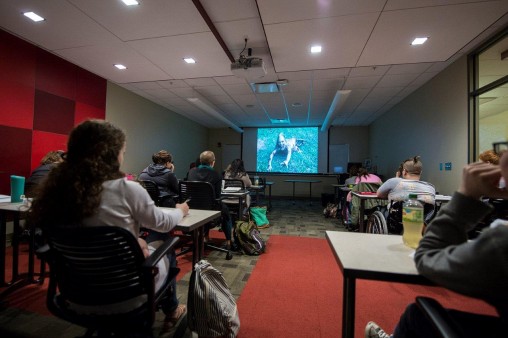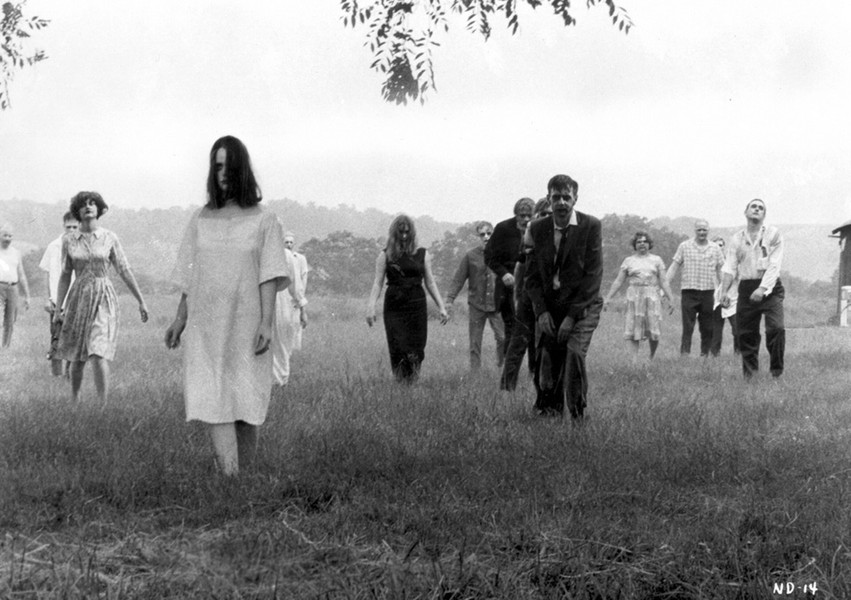The Evolution of Zombie Films: A Cinematic Journey
The cinematic zombie has been a resilient icon of horror, undergoing a fascinating evolution that reflects social anxieties, technological advancements, and creative storytelling across decades. From its early iterations rooted in folklore to its modern transformation as both villain and protagonist, zombie films have adapted and thrived, continually captivating audiences worldwide.
Origins and Early Depictions
The concept of the zombie has been present in folklore for centuries, with early roots in Haitian Vodou beliefs where the reanimation of the dead was often linked to slavery, both spiritual and physical. This cultural myth was ripe for Hollywood adaptation, first making its cinematic debut in Victor Halperin's White Zombie (1932). Here we see a depiction of the undead tied to mysticism and manipulation, a common theme in early zombie lore where the living dead were pawns of malevolent forces.
As the 20th century progressed, zombies became prominent in the B-movie scene, often seen in films with fantastical elements that painted them as creatures of magic rather than science. Despite their presence, it wasn't until George A. Romero's seminal work Night of the Living Dead (1968) that zombies began to gain serious attention as a social and cinematic force. Romero's film broke ground with its depiction of zombies as flesh-eating ghouls capable of inducing widespread panic, set against the backdrop of societal breakdown.
The Romero Era: Redefining Zombies
George A. Romero not only established the template for modern zombie films but also imbued them with subtext on race, consumerism, and societal collapse. His Dead series, beginning with Night of the Living Dead and followed by Dawn of the Dead (1978) and Day of the Dead (1985), presented zombies as a reflection of our darkest fears and societal ills. Romero's narrative style emphasized that the true horror lay not just in the undead, but in the human struggle for survival and morality in the face of catastrophic events.
The success of Romero's films influenced a generation of filmmakers, resulting in an explosion of zombie films throughout the 1970s and 1980s. These films varied widely in tone and style, from the satirical to the outright grotesque, but all maintained the central theme that had become synonymous with the zombie subgenre: the exploration of humanity under duress.
Technological Advancements and Pop Culture Integration
The late 20th and early 21st centuries saw significant advancements in special effects and film technology, which allowed zombie films to push the boundaries of visual storytelling. The introduction of CGI and enhanced make-up techniques enabled filmmakers to create more realistic and terrifying renditions of zombies. This period also marked the infusion of zombies into mainstream pop culture.
The crossover appeal is epitomized by the blend of horror and comedy in films like Shaun of the Dead (2004), which paid homage to its predecessors while bringing a contemporary twist with its humor and relatable characters. The film's success heralded a renaissance for the zombie genre, demonstrating the malleability of zombies to exist within different cinematic frameworks.
Conclusion of Part One
The evolution of zombie films from mystical origins to reflections of societal fears has established them as a fixture in cinematic history. As pioneers like George A. Romero paved the way with subtext-rich narratives, technological advancements further expanded the scope and artistry of zombie storytelling. The genre's adaptability has ensured its continued relevance, evolving alongside audience tastes and cultural shifts.
Stay tuned as we continue to explore the modern advancements in zombie cinema and its pervasive influence across global media landscapes in the upcoming part of this article.


![[Pride 2021] Toxic Masculinity Killed the Zombie Genre — Gayly ... image](https://images.squarespace-cdn.com/content/v1/5b39608d75f9eef54c62c3f0/ce9dedd8-c446-40ac-aa8f-5d2f8a4566b3/Gayly+Dreadful+%28edit%29.png?format=1500w)







Comments